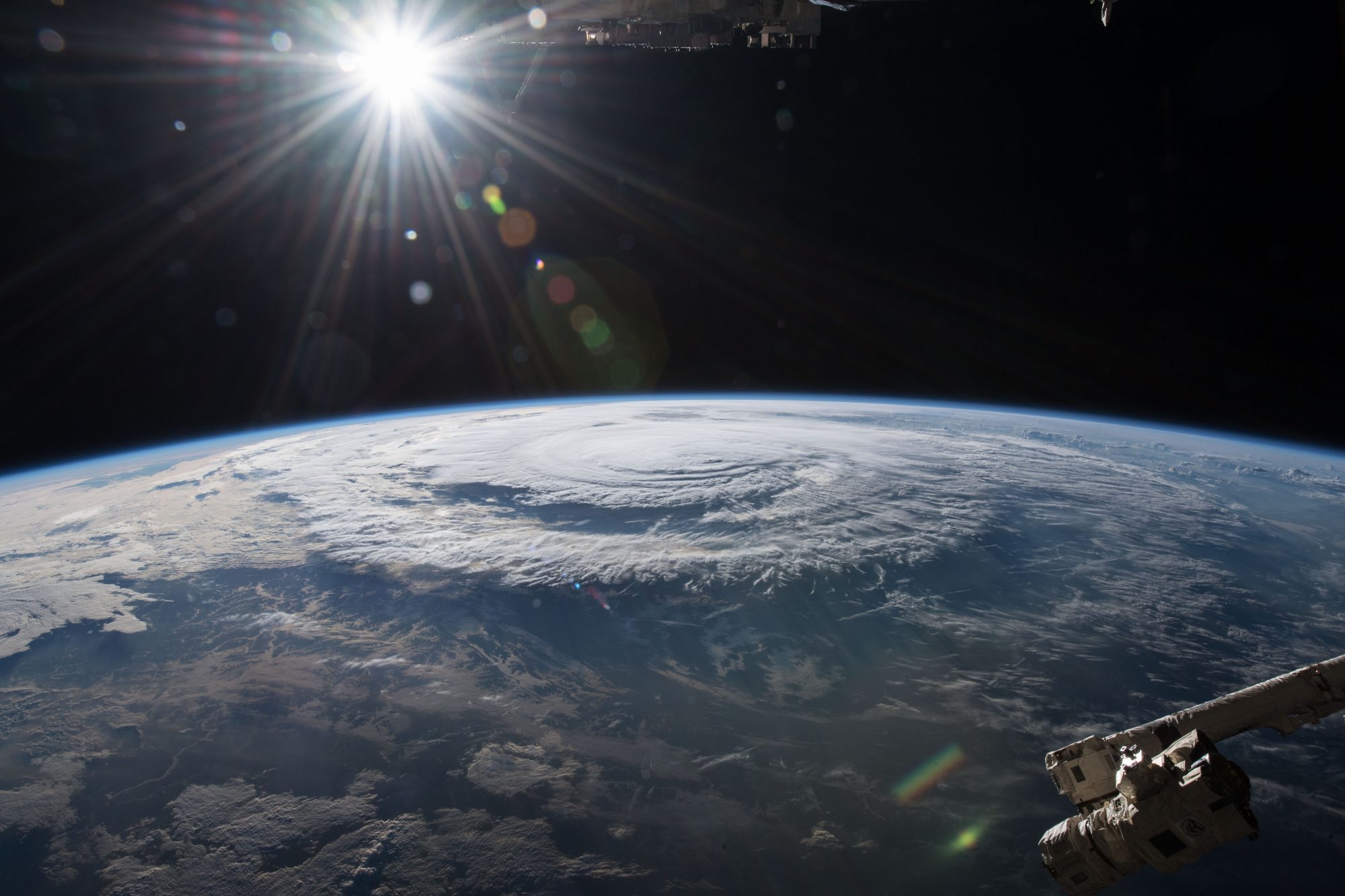The KCA states:
1. Everything that begins to exist has a cause.
2. The universe began to exist.
3. Therefore, the universe has a cause.
https://en.wikipedia.org/wiki/Kalam_cos … l_argument
interpretation of the conclusions the premises point to is influenced by certain theists’ interpretations and conclusions (despite their denials that this is the case – is in fact what is happening).
Exactly how is the KCA affected by anyone’s worldview?
The Kalam’s second premise is flawed, because it is unknown that material which was used to make the universe, was itself was created.
The KCA makes no claim about the material used to make the universe. I also have made no claim about the material used. The only thing I claim is it cannot be the same material as the universe. In other words, it cannot be self-caused.
It highlights a potential weakness in the second premise of the Kalam cosmological argument by pointing out that the origin (if any) of the material used to create the universe is unknown, and the argument only shows that material is necessary for the universe’s creation without proving the material itself was created.
Premise 2 only depends on the age of the universe, not the origin of the material of the universe.
But that isn’t why you ruled out (3). You ruled it out because it didn’t conform to what you think is “relevant” and even then, you did so without answering the questions put to you, because they were not “pertinent”.
Are you referring to TCM? I asked multiple times for evidence and all you presented was your own interpretation of John 14, which I countered with how the hearers would have interpreted it. It was ruled out for lack of evidence and also it was just a subset of the universe being real.
If what is material is our universe, then obviously without our universe there is nothing material.How is that obvious when know one knows what caused the singularity event or even what that cause constitutes?
I’m referring to “material” as to what we understand material to be with the same properties as things in our universe. We have no idea of the properties of anything outside of our universe. Could it be possible our universe was made from the exact same material that is outside our universe? Not likely, since that would mean our universe was self-caused. Or it could be created from something that has totally different properties? Possibly. Or could it be created ex nihilo? This is what I hold to.
This assumes that if our universe didn’t exist, that NO universe would exist. It is like saying that without concrete, sand wouldn’t exist.
There’s really only two views:
1. The universe originated from preexisting stuff.
2. The universe originated out of nothing.
Then why say God is or isn’t immaterial? Why claim God is not materially part of this universe if you don’t even know what part of the whole God is?
Again, when I refer to material, I mean it to be stuff that follows the same laws of physics as our universe. Why should God be bound by our laws of physics? Rather, I believe God created the laws of physics.
But from our standpoint, it is not the same stuff as anything in our universe.Whom are you referring to when you say “our”? Are you not referring to a certain type of theist, with those type of beliefs on such matters?
“Our” means everyone in our universe.
…WHY is the question of what constitutes God “immaterial to the debate” when the subject of “God” is also argued to be the cause of the Universe? Isn’t that a contradiction in itself?
Because the question under debate is:
So, instead of all these tangents you present, what position do you hold and what is your evidence?
https://debatingchristianity.com/forum/viewtopic.php?p=1150523#p1150523
